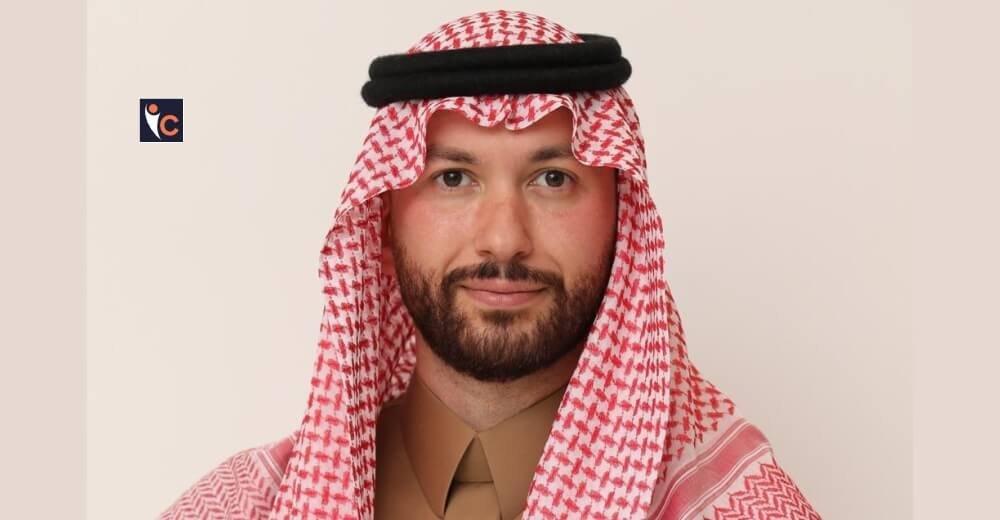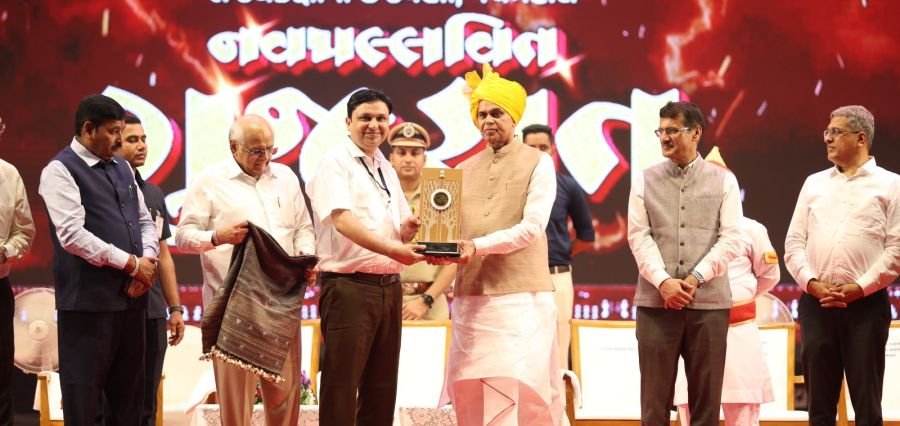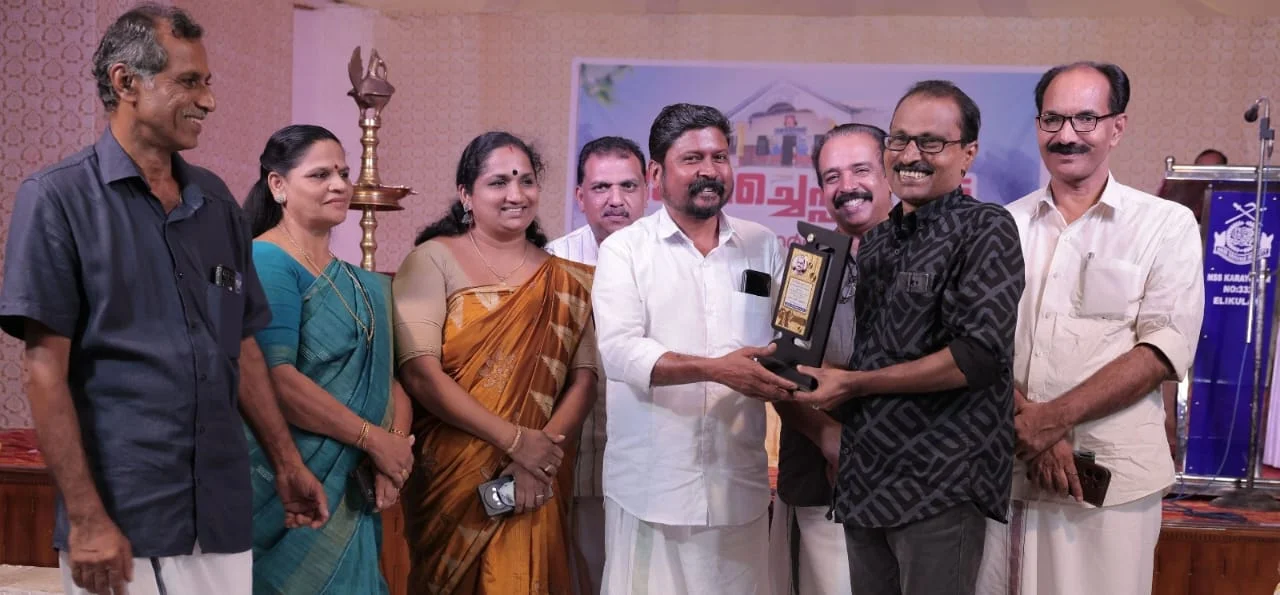Dr. Abdulrahman Aman, the Medical Director at International SOS Al-Rushaid, has carved a remarkable path in healthcare leadership, inspired by his father’s dedication as a physician. Growing up, witnessing his father’s commitment to patient care ignited Dr. Aman’s passion for medicine and shaped his vision of making a broader impact through healthcare systems and policies. His pivotal experiences during residency, particularly in improving hospital workflows, reinforced his belief in the transformative power of effective leadership in healthcare.
Today, Dr. Aman is focused on addressing critical challenges in the Arab world, such as healthcare access disparities and the integration of innovative technologies like AI and TeleMedicine. His journey reflects a deep commitment to enhancing patient care and fostering resilience within healthcare systems across the region.
Let’s delve into the interview details!
As Medical Director of International SOS Al-Rushaid, what do you see as the most significant healthcare challenges facing the Arab world today, and how is your organization working to address them?
One of the most pressing challenges is the disparity in healthcare access between urban and rural areas. I recall my first visit to a remote region where the nearest hospital was a couple of hours away, and residents faced significant barriers to receiving timely care. This experience highlighted the urgent need for better infrastructure and emergency response systems. International SOS Al-Rushaid addresses these issues by developing emergency response plans and collaborating with local healthcare providers to understand their strengths and enhance communication. We also focus on improving health education and preventive care to address the growing burden of chronic diseases.
Can you share a pivotal moment or experience in your career that shaped your approach to healthcare leadership?
A particularly pivotal moment in my career occurred during a severe health crisis that affected multiple countries. I led a response team, and the situation demanded rapid decision-making and coordination across various agencies. One night, we received an urgent call about a critical patient in a remote area. The local facilities were overwhelmed, and we had to mobilize resources and coordinate an evacuation quickly.
This experience taught me the importance of remaining calm under pressure, the value of clear and transparent communication, and the necessity of a well-prepared team. It was a stark reminder that healthcare leadership is not just about making strategic decisions but also about inspiring and guiding a team through challenging times. This experience reshaped my approach, emphasizing the need for resilience, adaptability, and strong collaborative skills in leadership.
International SOS operates globally. How do you tailor your medical assistance and advisory services to meet the unique needs of clients in the Arab region?
At International SOS Al-Rushaid, we understand that the Arab region has unique healthcare needs that require a tailored approach. Our strategy involves three key components: evidence-based medicine, collaboration with local experts, and empowering national talents.
We base our medical assistance and advisory services on the latest evidence-based practices to align with global best practices while addressing local health issues.
International SOS AL-Rushaid is also dedicated to nurturing and empowering local talent across various fields. This commitment includes offering training programs and professional development opportunities tailored to national professionals. By strengthening local expertise, we improve the overall quality of services and support the long-term sustainability of regional advancements. Our initiatives frequently involve equipping local professionals with advanced skills and management practices, promoting a more self-sufficient and capable workforce.
What emerging healthcare technologies or innovations do you believe will have the biggest impact on medical care and assistance in the coming years?
I am particularly excited about the transformative potential of artificial intelligence (AI) and TeleMedicine in healthcare. AI can revolutionize diagnostics and treatment by analyzing extensive data to identify patterns and predict health issues before they become critical. This capability leads to more personalized and timely care, with AI algorithms capable of detecting early signs of diseases like cancer through medical imaging, enabling earlier intervention and improved outcomes. Meanwhile, TeleMedicine is breaking down geographic barriers to healthcare access, benefiting remote and underserved areas by allowing patients to consult with specialists without travelling.
Emerging technologies such as data analytics, wearable health devices, and robotics are also making significant strides in healthcare. Advanced data analytics enables better management and interpretation of large datasets, helping to identify trends, predict outbreaks, and improve patient care. Wearable devices provide real-time monitoring of health metrics, aiding in managing chronic conditions and promoting preventive care. Additionally, robotics and automation enhance the precision of surgical procedures and streamline administrative tasks, allowing for minimally invasive surgeries and reducing errors. Integrating these innovations into healthcare practices holds immense promise for improving diagnostic accuracy, patient outcomes, and overall efficiency in healthcare delivery.
As a leader in the healthcare industry, what qualities do you believe are essential for effective leadership, especially during times of crisis?
Effective leadership—especially during tough times—depends on a combination of passion, decisiveness, empathy, resilience, and clear communication. These qualities motivate the team, enhance patient care, and drive continuous improvement. A leader’s passion for healthcare, reflected through these attributes, inspires the team and fosters ongoing advancements in patient care.
Looking ahead to 2024 and beyond, what are your key priorities and goals for International SOS Al-Rushaid in the Arab region?
Our key priorities for International SOS Al-Rushaid in the Arab region are centered around strengthening healthcare infrastructure, enhancing emergency response capabilities, and advancing occupational health initiatives. We aim to expand our presence in underserved areas to improve access to quality care and integrate advanced technologies to boost service efficiency. A significant focus will be on enhancing occupational health programs, which are crucial in addressing workplace-related health issues and ensuring the wellbeing of employees across various industries. This includes implementing comprehensive health and safety protocols, training on workplace wellness, and developing programs to manage occupational risks and prevent work-related injuries. By fostering strong partnerships with local organizations and adapting our strategies to meet evolving health needs, we aim to create a more resilient and health-conscious environment across the region.
What advice would you give to aspiring healthcare leaders in the Arab world who hope to make a significant impact in the field?
To those dreaming of making a difference in healthcare, my advice is to follow your passion and stay curious. Immerse yourself in learning and embrace every opportunity to grow. Don’t be afraid to ask questions and seek out mentors who can guide you along the way. Building solid relationships is vital—connect with people who inspire you and who can offer valuable insights. Remember, leadership is about making decisions and caring deeply for your team and the people you serve. Be adaptable and resilient, especially when facing challenges. Keep your focus on making a positive impact, and always approach your work with empathy and enthusiasm. Your dedication and compassion can genuinely transform lives and drive meaningful change in the healthcare field.
Read More: Click Here





